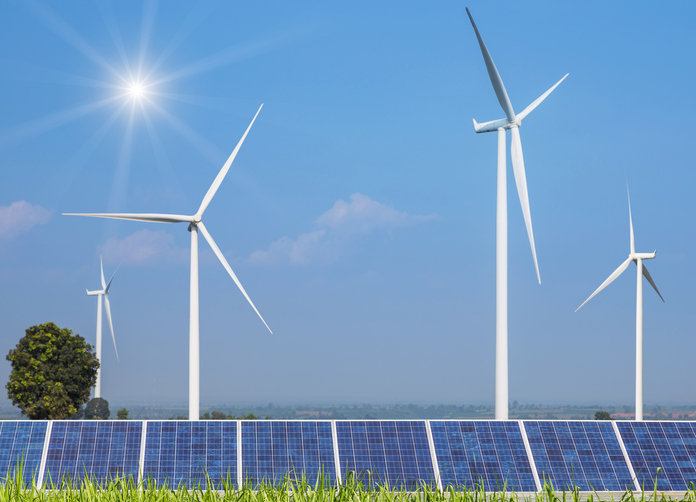In a new white paper released by the nonprofit American Council on Renewable Energy (ACORE) and law firm Wilson Sonsini Goodrich & Rosati, the organizations offer recommendations on how U.S. policymakers can most effectively design a federal, high-penetration renewable energy standard (RES) that enhances grid reliability, creates American jobs and increases American economic competitiveness globally.
“The renewable sector is booming already, but if we’re going to mitigate the harmful impacts of climate change, America needs to dramatically increase the pace of renewable energy deployment, and federal leadership will be key,” says ACORE’s president and CEO, Gregory Wetstone. “A renewable energy standard is a proven, straightforward approach that can help America accelerate its transition to a renewable energy economy.”
The new white paper, “Enacting a Federal High-Penetration Renewable Energy Standard: Building on Proposals to Date and Addressing Important Additional Considerations,” makes the case for a RES that embraces the following features:
- Qualifying technologies should, at a minimum, include wind, solar, hydropower, ocean, tidal, hydrokinetic and geothermal energy;
- The required percentage of compliant electricity should be at least 50%, on a timeline consistent with climate commitments, recommendations from scientific experts and other policy goals;
- Alternative compliance payments and penalties should be sufficient to achieve RES objectives; and
- A federal, high-penetration RES should build upon, and not preempt, successful state RES.
The new report also addresses additional issues for consideration when policymakers are designing a comprehensive, federal, high-penetration RES, including as follows:
- Grid reliability and resilience;
- Stranded asset costs;
- The need for expanded transmission and energy storage technologies;
- The importance of a socioeconomically fair transition; and
- Complementary policies, such as carbon pricing and a technology-neutral tax credit.
“Ten states, more than 100 cities, and over 150 of America’s largest companies have already committed to transitioning to 100 percent emission-free electricity,” says Tim Cronin, an attorney with the energy and infrastructure practice at Wilson Sonsini Goodrich & Rosati. “The United States can bolster and build upon those commitments by enacting a federal standard for this inevitable transition that benefits energy consumers and ensures economic opportunity for communities, like those in my home state of West Virginia, that have powered America’s growth for generations.”
The white paper can be read here.




